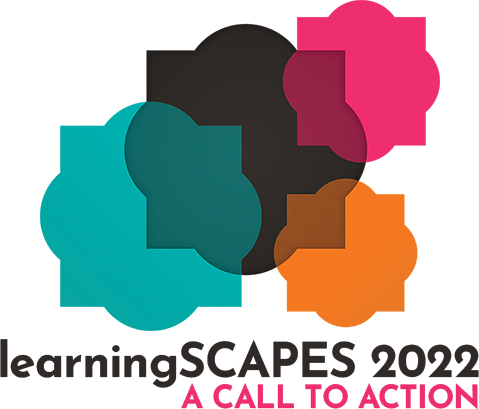 | 1 LU / HSW |
 | 1 LU / HSW |
Architecture is integral to the creation of safe, supportive, resilient spaces for teaching and learning. Spaces that move from simply existing to inspiring; from containing student bodies to engaging student imaginations. Spaces that heal, grow, and develop the very neurophysiological architecture necessary for civic engagement, personal growth, and self-actualization over a lifetime. The Centers for Disease Control and Prevention (CDC) defines Adverse Childhood Experiences (ACEs) as “potentially traumatic events that occur in childhood (0-17)” (Violence Prevention, 2022). Negative impacts from adverse childhood experiences are not bound by socioeconomic status, have been found to have significant and cumulative impacts to health, wellbeing, education, job potential and life expectancy with the economic and social costs to families, communities, and society estimated in the hundreds of billions of dollars annually (Violence Prevention, 2022). Often, the symptoms of adverse childhood experiences are expressed through negative or inappropriate behaviors in traditional school settings. Within environments attuned to neurocognitive development, prevention, healing centered practice and neurovisceral integration, research also tells us that the negative impacts not only have the potential for repair, but prevention all together.. Regulated through a series of building, safety, and licensing codes that sometimes fall counter to developmentally enhancing design, as well as considerations of scale and budget, healthy neurophysiological development through intentional architecture represents a significant need within the current landscape of schooling today. Through the lens of Urie Bronfenbrenner’s Bioecological Systems Theory (1999, 2005) we explore the impact of various design conditions (light and color, sound, temperature, etc) of significant influence within the existing literature base and unpack how they may enhance or detract from an ACE exposed child’s learning.
Learning Objectives:

B.A., 2001, University of Nebraska-Lincoln M.A., 2011, Doane College PH.D, in progress, University of Nebraska-Lincoln. Danae is a life long learner with a teaching career in predominately Title I schools across the past 15 years. Danae is also a licensed foster parent and combined two passions for supporting children in the formation and ongoing development of Our Village Collective – an educational non-profit in Lincoln, Nebraska seeking to repair, mitigate, and prevent all together, negative impacts from adverse childhood experiences.

B.A., 1994, TEL AVIV UNIVERSITY M.A., 1999, UNIVERSITY OF CALIFORNIA-RIVERSIDE PH.D., 2002, UNIVERSITY OF CALIFORNIA-RIVERSIDE. Dr. Trainin is the Professor of Education at the Department of Teaching, Learning, and Teacher Education at the University of Nebraska-Lincoln (UNL). He focuses his research on the areas of Literacy, Innovative Learning Technologies, and Integrated Arts Education. He teaches in pre-service education as well as graduate courses in field research methods, innovative learning technologies, and Arts Education research. In recent years Dr. Trainin has been studying innovative learning technologies in schools in Nebraska, South Africa, India, and China with a specific focus on mobile devices, Computer Science Education, and creativity. He has published research articles and books as well as extensive digital authorship. He has published several research articles and books and maintains extensive digital authorship including more than 200 videos and more than 200 blog posts. In 2021 he received the Art TEAMS Grant from the US Department of education to explore Education for Emerging Media Arts with CoPIs Lorinda Rice, Kimberley D'Adamo, and HyeonJin Yoon. Dr. Trainin has served in a number of Departmental leadership roles including Department Chair, co-founder and director of the KDS Reading Center, Graduate Chair, coordinator of the Elementary Teacher Education Program. He heads the partnership between UNL and Code.org. Find Dr. Trainin online: @gtrainin on LinkedIn @tgite on Twitter.
The built and natural environments have profound impacts on our behaviors both for better and worse. How do we cultivate a sense of place for better? How might the built and natural environments be made to enhance teaching and learning? How might school buildings and grounds foster a sense of community by reflecting those they serve?
Primary Core Competency
Educational Visioning: Exhibits an understanding of best and next practices related to educational leadership, programming, teaching, learning, planning and facility design. Establishes credibility with educators, community members and design professionals while conceiving and leading a community-based visioning process. Demonstrates the ability to articulate the impact of learning environments on teaching and learning and uses that ability to facilitate a dialogue that uncovers the unique needs and long-range goals of an educational institution and its stakeholders – translating that into an actionable written/graphic program of requirements for the design practitioner.